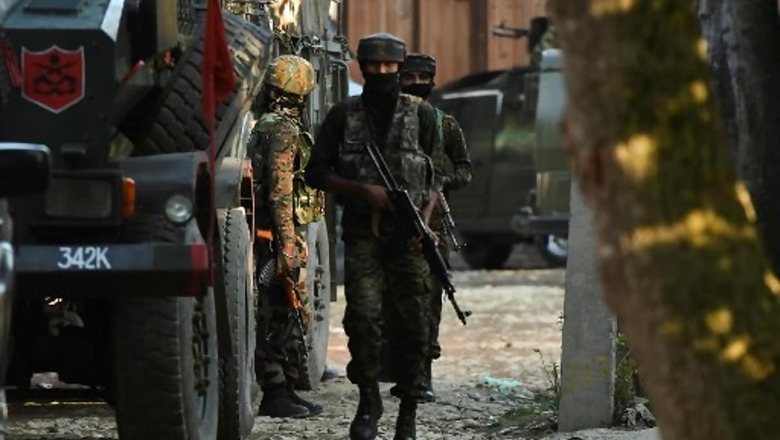
views
A day after the United Nations human rights chief issued a statement on the situation in Jammu and Kashmir, India responded to the criticism saying grassroots-level democracy has been revived in the region and the government is pushing for economic development despite the challenges posed by the coronavirus pandemic and continued efforts of Pakistan to derail the process.
India’s envoy to the United Nations Human Rights Council (UNHRC), Indra Mani Pandey, expressed regret on the oral update of UNHRC Commissioner Michelle Bachelet in which she made a reference to Kashmir, adding that the people of the Union Territory have been enjoying the same fundamental rights as people in other parts of the country ever since August 2019 (when the Centre did away with the special status of the erstwhile state).
“We regret that the high commissioner in her oral update made a reference to the situation in Union Territory of Jammu and Kashmir. In this context, I would like to underline that, since the changes made in August 2019, people in Union Territory of Jammu and Kashmir have been enjoying the same fundamental rights as people in other parts of India.
“We have been able to revive grass root democracy and provide a new momentum to social and economic development, despite the challenge posed by Covid-19 pandemic and persistent attempts by one country to infiltrate terrorists to derail this process,” Pandey said, without naming Pakistan.
“By extending coverage of positive and affirmative federal legislations and repealing discriminatory or outdated local laws, the government has reaffirmed its commitment to delivering socio-economic justice to disadvantaged people in the union territory of Jammu and Kashmir, including women, children, minorities and refugees,” he was further quoted as saying.
In her global human rights update, Bachelet said on Monday that “incidents of military and police violence against civilians continued in Kashmir”. She said this included use of pellet guns, as well as incidents related to militancy.
“Major legal changes – including to the Constitution and domicile rules – were generating deep anxiety. The space for political debate and public participation continued to be severely restricted,” she said.
Regarding Pakistan-occupied Kashmir, Bachelet said people had limited internet access there too, creating difficulties in accessing education and other vital services, and that she “remained concerned about ongoing restrictions to the rights to freedom of expression and association”.











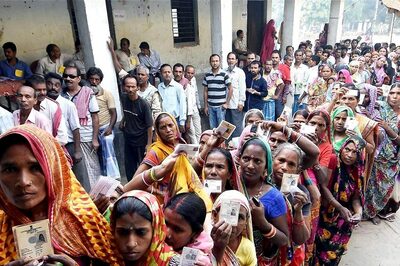
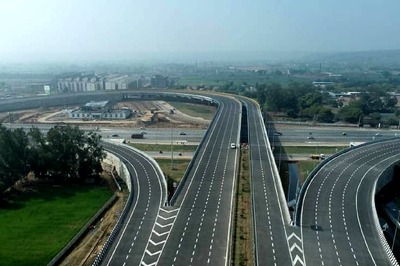

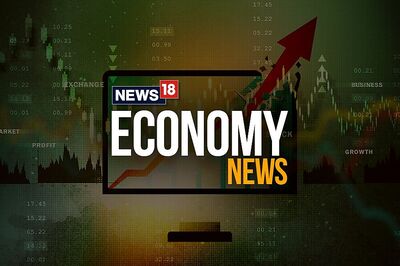

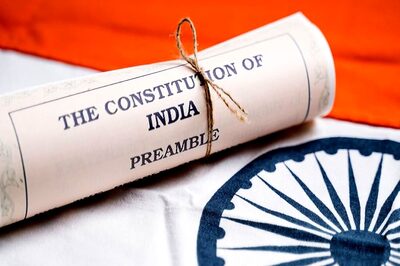

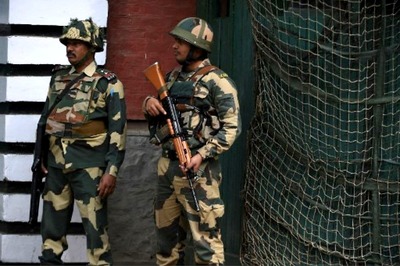
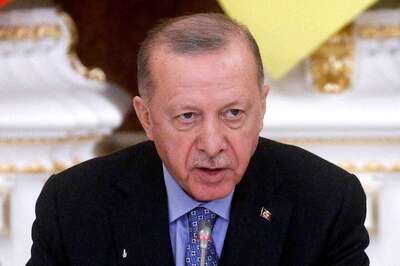
Comments
0 comment